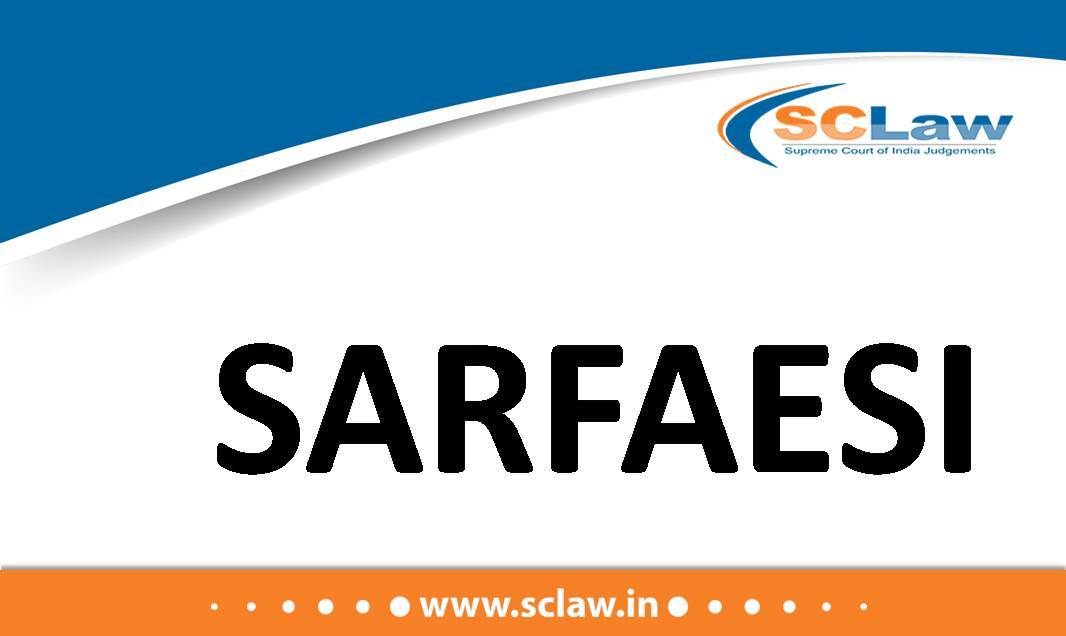(NDPS) – Section 52A – Disposal of contraband – Mere fact that the samples were drawn in the presence of a gazetted officer is not sufficient compliance of the mandate of subsection (2) of Section 52A of the NDPS Act- No evidence has been brought on record to the effect that the procedure prescribed under subsections (2), (3) and (4) of Section 52A of the NDPS Act was followed while making the seizure and drawing sample such as preparing the inventory and getting it certified by the Magistrate – No evidence has also been brought on record that the samples were drawn in the presence of the Magistrate and the list of the samples so drawn were certified by the Magistrate – Conviction and sentence set aside – Appeal allowed.
SUPREME COURT OF INDIA DIVISION BENCH YUSUF @ ASIF — Appellant Vs. STATE — Respondent ( Before : Abhay S. Oka and Pankaj Mithal, JJ. ) Criminal Appeal No. 3191…









